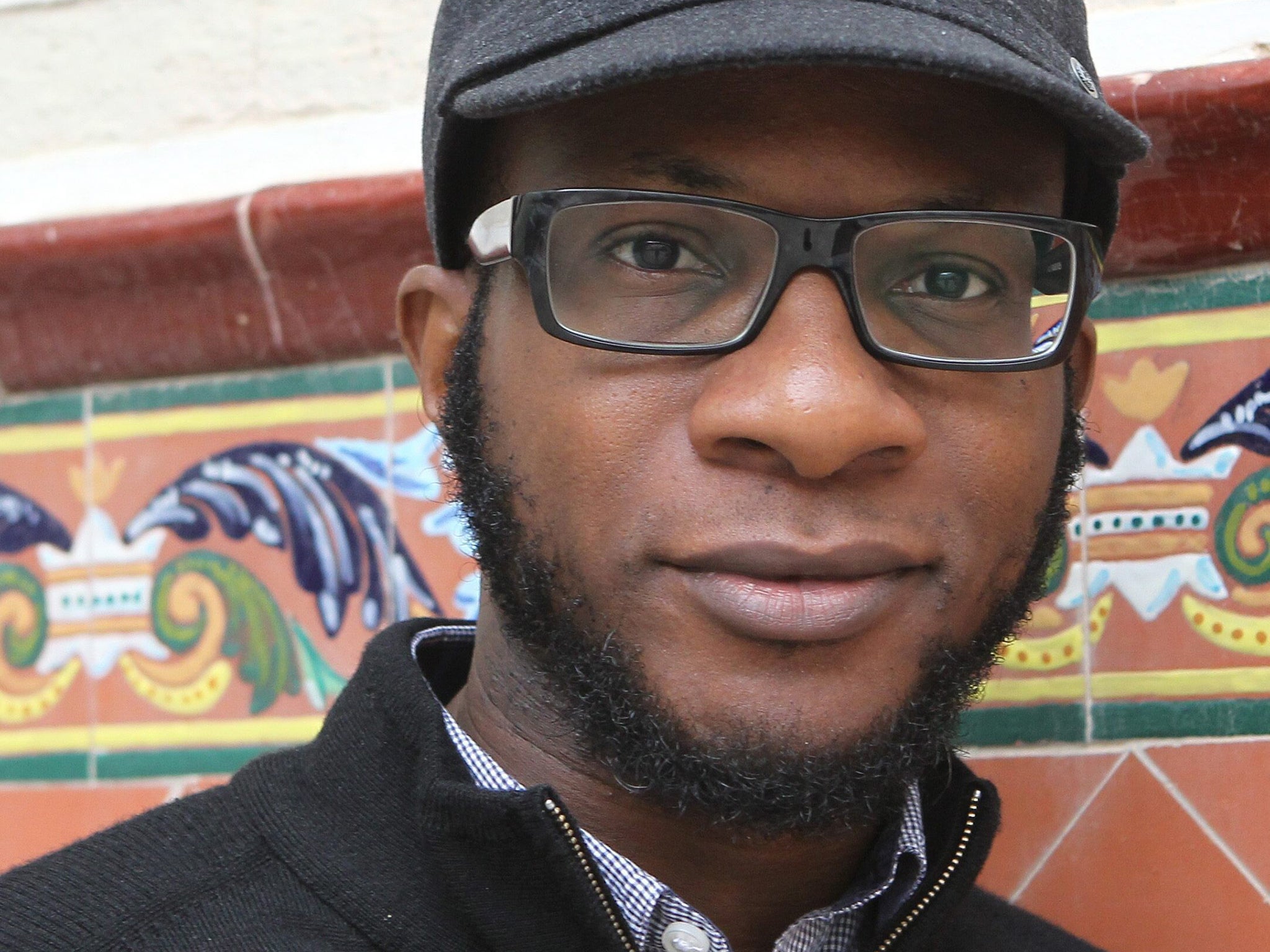Paperback reviews: My Own Story, On Writers and Writing, Breakfast with the Borgias, Shadowboxing, Thrive
A round up of some of the best books, including Margaret Atwood and Arianna Huffington's latest offerings

Every Day is for the Thief by Teju Cole (Faber £8.99)
Nigerian-American author Teju Cole’s Open City (2011) was one of the most exciting US novels in years, and part of the reason it was so exciting was that you were never quite certain that it was a novel. Narrated by Julius, an introspective psychiatrist, as he wanders around Brooklyn, it read like an update of Rousseau’s Reveries of a Solitary Walker for the internet age: digressive and essayistic but full of the pleasures of fiction.
Every Day is for the Thief – the title derives from a Yoruba proverb – was actually Cole’s debut; it was first published in Nigeria in 2007. Like Open City it is a fictionalised travelogue, but here the presence of embedded blackand- white photographs heightens the sense of realism. The unnamed narrator returns to his native Nigeria from America, launching “an inquiry into what I longed for whenever I longed for home”.
As he navigates the broiling streets of Lagos, he describes the chaos and corruption he encounters. But there are also redemptive moments of beauty and kindness. The restrained, elegant prose is enlivened by striking similes; when the narrator spots a beautiful woman on a bus reading Michael Ondaatje – one of his favourites – the sight makes his heart “thrash about like a catfish in a bucket”.
The book has its limitations. Writing under the guise of fiction blunts the social criticism – it allows us to question whether some of the more troubling episodes really happened. And Cole never fully exploits the possibilities of the form in order to develop character; there is nothing here to match the brilliant dramatic reversal in Open City, when we begin to suspect that Julius’s erudition disguises a darkness within. But this lean, intriguing work nevertheless provides further evidence, if any were needed, that Cole is a true original.
****
On Writers and Writing by Margaret Atwood (Virago £9.99)
This collection of essays, first published in 2002, began life as a series of lectures that Atwood delivered at Cambridge University on the subject of writing – or more precisely, on what it means to be a writer. She explores such themes as the author’s presumed social role, and the relationship between reader and text. Atwood starts more arguments than she finishes, and answers fewer questions than she poses. But that’s what makes this book so fascinating. Unlike many others who have covered similar ground, Atwood fully appreciates that when it comes to the writer’s life, she’s on the inside looking out, that the view she has is inevitably partial: “Even if we are writers ourselves, it is very hard to watch ourselves in mid-write, as it were ….” The result is winningly tentative and exploratory in tone – although there are some pithily mischievous asides on the work of others: “‘This is my letter to the world/ That never wrote to me’, said Emily Dickinson. Of course she might have got more replies if she’d mailed it.”
*****
Breakfast with the Borgias by DBC Pierre (Arrow books/Hammer £7.99)
DBC Pierre’s Breakfast With the Borgias is the latest instalment in Arrow’s Hammer Horror series of novellas, and it is a suitably creepy affair. The protagonist, Ariel, finds himself marooned in a mouldering Suffolk guesthouse when his flight to a conference is cancelled. He befriends a family of eccentric guests – but the evening unravels when their teenage daughter develops a fixation on him. At its best, this reads like an ingenious update of Sartre’s chamber drama No Exit for the YouTube generation: for Sartre, hell is other people; for Pierre, hell is anywhere that lacks a decent wi-fi connection. But after all the inventive build-up, the book’s ghoulish ending seems disappointingly prosaic.
***
Shadowboxing by Tony Birch (Scribe £8.99)
Shadowboxing, first published in Australia in 2006, tells the story of a young boy and his family in Melbourne’s working-class Fitzroy suburb in the 1960s. The structure is episodic; the narrator looks back on his childhood from later life and finds significance in isolated moments: the time his volatile, alcoholic father taught him to box; trips with his sister to see the Christmas decorations in the centre of town. Birch’s writing is unshowy but affecting, capturing a community on the brink of dispersal. The book reminded me strongly of Justin Torres’s recent debut novel We Are Animals – which also told of a bittersweet childhood scarred by violence, and cast even its crueller scenes in remembered sunlight.
****
Thrive by Arianna Huffington (WH Allen £8.99)
Arianna Huffington, the journalist and businesswoman, keeled over from exhaustion one day while sitting at her desk, which moved her to reconsider her priorities. It also moved her to write this book. In Thrive, Huffington argues that we need to rethink what it means to be successful. Her way of doing this is mostly to interview people who were already very successful, before they realised they needed to change their “work-life balance”. No doubt meditation, sleep and exercise have real psychological benefits. But surely it’s easier to realise those benefits if you’ve already accrued money and influence through participating in the rat race – and that’s a point this rather self-indulgent book fails to address.
**
Join our commenting forum
Join thought-provoking conversations, follow other Independent readers and see their replies
Comments